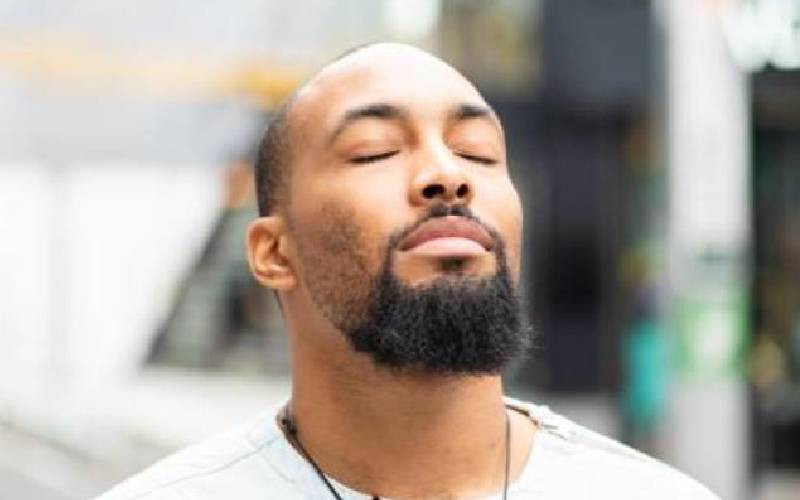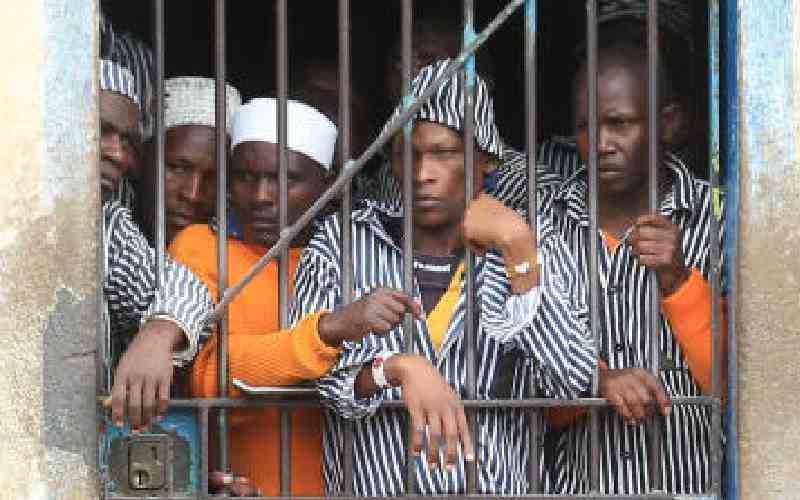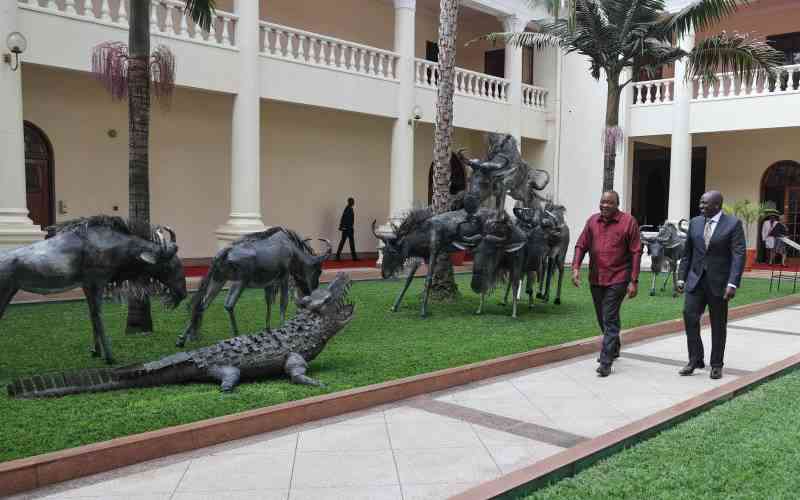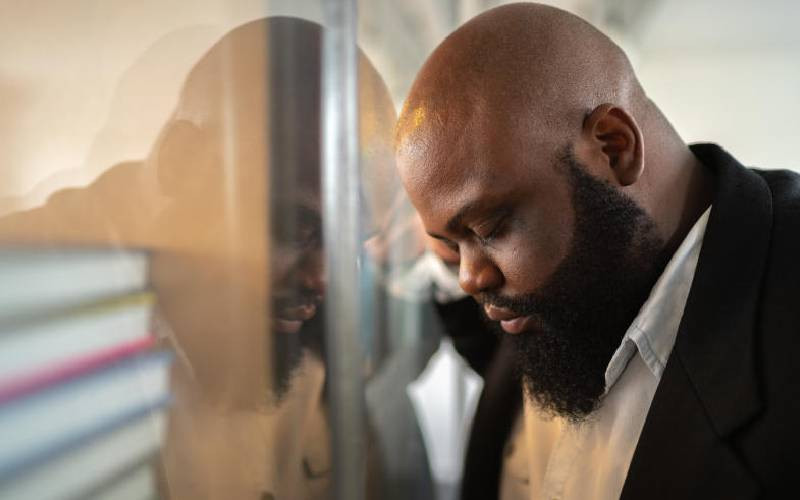
This past week, as I talked with a group of friends who are leaders, professionals and everyday citizens, I was struck by a truth more alarming than the current headlines. One by one, they admitted to quietly fighting mental health issues. Anxiety. Sleeplessness. Burnout. Depression.
Some spoke with trembling honesty. Others, with the calm resignation of those who’ve carried this burden for too long.
Of course, I’ve written about mental health before, but I choose to sound like a broken record this week because I believe this quiet national crisis could soon overwhelm us if we don’t sit up and pay attention.
Turn on the TV or scroll through your phone. Children raped by their own fathers. Young men butchering one another, seemingly over nothing. Mothers are throwing their babies into rivers or pit latrines.




Workplaces are brimming with silent stress. Classrooms full of unfocused, traumatised children. These are not isolated headlines. They reflect an emotional breakdown hiding in plain sight.
Here is the harsh reality. One in four Kenyans will experience a mental health condition in their lifetime, according to the World Health Organisation (WHO).
Yet, our country has fewer than 150 psychiatrists, as reported by the Kenya Mental Health Policy 2015–2030. Most counties lack specialised mental health services entirely. Entire families are silently falling apart, with no words, no diagnosis and no assistance.
New data from a 2025 national spatial epidemiological study reveal a shocking pattern. The same counties most affected by HIV, TB, and STIs, such as Busia, Nairobi, Kisumu, Bungoma and Kakamega, also face the highest mental health challenges. This is no coincidence. In these counties, illness, poverty, trauma, and hopelessness are deeply linked. And no amount of political rhetoric will resolve that.
To be blunt, Kenya’s mental health system is dangerously underfunded. It receives less than one per cent of the national health budget, according to the World Bank Group assessments. So when you see the anguish in a young protester’s eyes, the burnout of a nurse, the silence of a jobless graduate, or the rage of a boda boda rider, these are not isolated incidents. They are symptoms of a larger collapse in our emotional ecosystem.
And that is why I raise my voice again, urging you to speak up as well. The days when we could discuss mental health quietly are gone. We must break the silence together to save the millions who suffer alone out of fear of the constant stigma.
The stakes are rising because mental health is no longer a minor issue in modern Kenyan society. It affects the very foundation of the nation. It influences how we learn, work, and lead. It directly impacts productivity, crime rates, education, healthcare, and even national security.
This means we could pay a heavy price in future if we do not act now. Such inaction will soon become evident in prisons, hospital wards, funerals, and a lost generation.
The journey to overcome this crisis is not quick, but it is one worth undertaking.
Stay informed. Subscribe to our newsletter
First, we must fund mobile mental health clinics in counties, especially those already identified as high-risk zones. Second, we need to train our community health workers and equip schools with counsellors who can recognise early signs of distress.
Third, mental health screenings should be incorporated into HIV, TB, and chronic illness treatments. Moreover, we must boldly allocate resources for areas like mental health, which have been neglected for generations.
Finally, and most importantly, let’s remove the shame. If you’re struggling, you’re not weak. You’re human. If you’re silent, you’re not alone.
We must face this growing national crisis with courage and purpose, together.
Let’s stop pretending that everything is fine when our people are suffering inside. Let this be the year in which we grow not only trees, jobs, and exports, but also hope. Think green, act green!